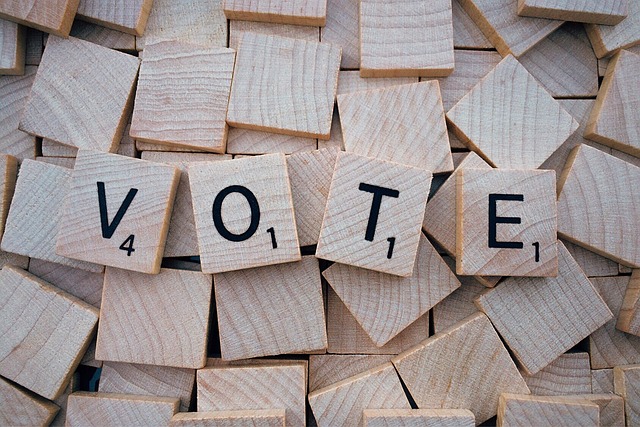House Votes to Cut Federal Funding for Public Radio

In a move lauded by fiscal conservatives, the House of Representatives passed a bill designed to eliminate federal funding distributed to National Public Radio (NPR) member stations via the Corporation for Public Broadcasting (CPB). Proponents argue that taxpayer support for NPR is an unnecessary expenditure, particularly given current national debt levels.
Arguments for Defunding: Fiscal Concerns and Bias Allegations
Supporters of the bill raise two main points: fiscal responsibility and alleged political bias. They contend that eliminating this funding stream is a necessary step amidst rising national debt. Furthermore, critics argue that NPR exhibits a consistent bias in its coverage, making taxpayer funding inappropriate. 'Taxpayers should not be compelled to fund a media organization that many perceive as promoting a one-sided viewpoint,' stated a key legislative proponent.
NPR's Defense: Public Service and Local Impact
NPR and its supporters strongly oppose the legislation. They argue that federal funding, primarily supporting local stations, is vital for providing essential news, cultural programming, and emergency information, especially to Americans in rural and underserved areas lacking diverse media options. An NPR spokesperson emphasized, 'This bill threatens the viability of hundreds of local stations and would diminish access to fact-based journalism precisely where it's needed most.'
Focus on Local Stations: A Key Concern
The primary concern revolves around the potential destabilization of local public radio stations. Many affiliates, especially in smaller markets or rural regions, depend heavily on CPB grants to operate and pay for syndicated NPR shows like 'Morning Edition' and 'All Things Considered'. Loss of this funding could force stations to cut staff, reduce local newsgathering, drop popular programs, or potentially cease operations altogether, creating 'news deserts' in some communities.
Legislative Outlook: Senate Challenge and Potential Veto
The legislation now advances to the Senate, where its passage is uncertain, potentially facing procedural hurdles or insufficient bipartisan support. Even if approved by the Senate, the bill could be vetoed by the President, who may support public broadcasting's role. The ongoing debate underscores the persistent disagreement in American politics regarding government funding for media.
Further Reading
- Congressional Budget Office Report on Public Broadcasting Funding
- NPR's Official Statements on Federal Funding
- Studies on the Impact of CPB Grants on Local Stations
